Learn the correct terms referring to Deaf, hearing loss, hearing impaired or hard of hearing. What do deaf people want to be called?
Have you ever found yourself needing a correct term for referring to a deaf person on the fly? Like, someone you haven’t met before or really don’t know that much about but need to mention it somehow. I see a lot of people trying to pay attention to culturally appropriate terminology. Y’know, they’re delicate. But others, it’s clearly not on their radar.
It happens all the time. Socially or in a business setting, a well-meaning person flubs it.
They refer to someone who experiences deafness by a term the person doesn’t use, care for or even worse – finds offensive.
I mean, I get how that happens. I’ve written about this before. Deaf people have been described in so many ways – both by US and by others.
But if you are hearing person wanting to know the most appropriate term for a deaf person, it can be hard to know. The fact is, there are some labels that simply caught on in the name of political correctness and spread among the majority who are not involved/unaffected.
But, are these the correct terms for referring to deaf? Do deaf people want to be called these terms?
Get our opinions, we’re all different
People may have good intentions, but if you are using a term to describe us without our input, you may find yourself pulling your well-worn Adidas out of your mouth.
And, it can be hard to know what’s right because there are some big differences among people who experience deafness as a population:
- Some of us embrace it as a culture and community with a shared language.
- Some of us view our deafness as a disability, something to cope with and overcome.
- Some of us use sign language, others don’t.
- Some of us speak with our voices, others do not.
So, without knowing ALL the different types of people who experience some form of deafness it’s hard to know for sure what terms are acceptable and what or who they mean. Or even when or how to use it.
But I’ve got you.
Check out the most commonly accepted labels – by those of us that wear ‘em.
Deaf and (or) hard of hearing
This is as close as you could get to an umbrella term and it means to include the widest range of people who experience deafness, regardless of linguistic choices, cultural affiliation or hearing abilities. This is the term used by many organizations that organize services and advocacy efforts.
Your safest bet in choosing the correct terms for referring to deaf IMO.
Who it may describe:
- A group of people who experience deafness in the broader sense, rather than individuals.
When to use it:
- When you’re looking for a general term to describe ALL PEOPLE with every form of deafness.
How to use it in a sentence:
- “This attorney provides an interpreter for Deaf and hard of hearing clients upon request.”
- “We have several deaf and hard of hearing members in our congregation.”
- “We proudly display captions on all videos to enable access for our patrons who are deaf or hard of hearing. If you require additional access, please contact the box office.”
Deaf / deaf
The word DEAF itself is one of the correct terms for referring to deaf people for whom deafness makes a major impact on their identity. The word DEAF is powerful as it is affirmative.
Who it may describe:
- “CAPITAL D” Deaf is someone for whom Deafness makes a cultural and linguistic impact on their lives n addition to experiencing physical deafness. The person is considered a part of the signing Deaf community, uses sign language all or part of the time and is thereby connected to other members in multiple aspects of their life.
- “Lowercase d” deaf is someone for whom deafness describes them in the physical aspect only. Usually, this person would be significantly impacted, with or without hearing devices such as hearing aids or cochlear implants. The lowercase d can also be used to explain anyone’s physical deafness.
Hearing folks without prior exposure may have black and white expectations about what a D/deaf person looks like or how they function. As an example, they can be surprised when someone who uses their voice to speak or appreciates music being played refers to themselves as D/deaf.
Like in any community, there’s a real range in how people are different, but with a common thread that binds them.
When to use it:
- In reference to an individual or group that is quite comfortable using sign language to communicate in a variety of settings.
- To describe an individual who identifies themselves as such.
How to use it in a sentence:
- “Her mother is Deaf.”
- “My son has a close group of both Deaf and hearing friends.”
- “She became deaf due to spinal meningitis at age 4.”
Hard of hearing
Hard of hearing is not meant to be “better” or “nicer” than saying deaf. Styling it like,“Deaf-lite” or “Wheew, I’m only hard of hearing” – no.
It does tend to get a bad rap because it may seem old fashioned to those unfamiliar, or more likely associated with those ever witty hearing-aid jokes written in the $8 birthday cards at Target. (I’ll just let you think about that one.)
But it is a correct term referring to deaf in that it is not only culturally acceptable, it also jives with some people who do not use sign language or identify as part of the deaf community.
Who it may describe:
- Someone who experiences deafness in the mild-moderate ranges.
- Someone who has a more severe-profound experience but uses technology devices such as hearing aids or cochlear implants and feels like they get a lot of gain from them.
- Someone who experiences any amount of deafness and predominantly uses their voice to communicate or uses a phone.
Like other terms, hard of hearing is especially a self-identifier because someone could be all the things stated above and still use the term D/deaf. So just be ready to be corrected and change course if requested.
When to use it:
- In reference to an individual or group with deafness that is not using sign language and/or using their voice(s) to communicate.
- In reference to a group or individual that IS using sign language to communicate and identifies as such.
How to use it in a sentence:
- “My daughter Ellie is hard of hearing and loves (music) concerts in the park.”
- “In addition to Ms. Gilbraith, 3 others in her party are also hard of hearing and have requested realtime captioning as an accommodation at our October 3rd performance.”
Hearing Loss
While ‘hearing loss’ is a correct term for referring to deaf, it simply does not apply to everyone.
This is a great term to describe someone who is late-deafened or someone who has truly “lost” hearing over time, but it’s become a term that’s like that weird puzzle piece that got stuck in the vacuum – it doesn’t quite fit. Not for everyone, anyway.
D/deaf folks may feel that this term focuses on something that’s changed or been taken away and in many cases with D/deaf or hard of hearing people, we always have experienced a deafness, so it’s a part of us. We never lost hearing to get it, so if anything, it’s simply inaccurate.
An example: my husband was born profoundly deaf and has had well-meaning people ask him if he is hopeful about technology that would “allow him to hear again”.
Key word here: again.
Unless they’re referring to his past lives, there is no again.
The point is, he did not “lose” his hearing. So referring to him as a person with hearing loss is incorrect.
Who it may describe:
- Someone who had typical hearing for much of their life and became hard of hearing or deaf as an adult or later in life, thereby experiencing a loss.
- Someone who prefers this term for themselves over deaf or hard of hearing.
- Someone who experiences any amount of deafness but is culturally “hearing”. More often than not, they do not associate with the Deaf community or use sign language.
The Hearing Loss Association of America is probably the most well-known organizations in the US that speaks to this population. While they are welcoming to those who know sign language, the majority affiliated do not use it and deafness is spoken of and explained mostly in medical terms.
When to use it:
- In reference to an individual or group who has experienced a change in their hearing.
- In reference to a group or individual who identifies themselves as such.
How to use it in a sentence:
- “My father has experienced hearing loss for the last 10 years.”
- “4 people with hearing loss have tickets for the Saturday evening show and have requested use of FM systems as an accommodation. The systems need to be individually tested/checked/updated. Could you please verify this and confirm by Thursday?”
Hearing Impaired
Please stop calling all deaf people this. In fact, DO NOT USE THE TERM “HEARING IMPAIRED” TO DESCRIBE A PERSON OR GROUP unless an individual has specifically asked to be referred to as such. And then, use it without question for that individual. Just don’t apply it to anyone else unless you know they want to be called that.
I get why people default to the term hearing impaired. It seems polite enough, politically correct. Safe, even.
Why Deaf people don’t like the term hearing impaired
I don’t speak for everyone, but many of us don’t want to be called hearing impaired because it implies something is damaged or wrong.
On the contrary, many of us have lived with deafness our entire lives and see the world through an incredibly vibrant lens. Not in spite of being deaf, but because of it.
We’re bilingual, we have another culture, art, specific humor, uniqueness. That’s not damage, man. That’s difference! And our word for this difference is DEAF. Or hard of hearing. We’re giving you these words. They describe what we ARE. Our world isn’t lacking, but incredibly FULL.
So, for me, “hearing impaired” is like farting the air out of a balloon while I told you all that.
It’s random and uncouth, like you’re not even listening.
Hearing Impaired has its place
But, among those who do not use sign language and/or are not involved with the Deaf community, (those who may prefer the term “hearing loss”) some may be ok with or even prefer being referred to as hearing impaired as it better aligns with their experience.
But you just never know who’s cool with it. And many of us are not. The National Association of the Deaf (NAD) repeatedly speaks to this point.
So, it should not be the automatic default. It shouldn’t be considered one of the correct terms for referring to deaf people you aren’t familiar with.
When to use it:
- ONLY after an individual states it is their preferred term to describe their own deafness. (Note: this is different than you erroneously using it to their face and they just don’t correct you.)
How to use it in a sentence:
- “Mr. Peabody-Firth will be presenting his workshop in conference room A on April 12th. He wanted to confirm the loop system is functional. He will be utilizing a real time captioner and prefers to be referred to as hearing impaired in the program.”
The correct terms referring to Deaf, hard of hearing, hearing loss and hearing impaired depend on the individual.
It just depends on who you mean. When you take a moment to consider it, you can choose an appropriate term that will apply to whom you are referring without offending.
Just don’t call someone hearing impaired unless you are dang sure that’s what they want.
After all, when referring to others, using care is paramount.
But when it comes to choosing words to describe deaf people, it’s simple, really:
Just take the time to listen.
Cheers!
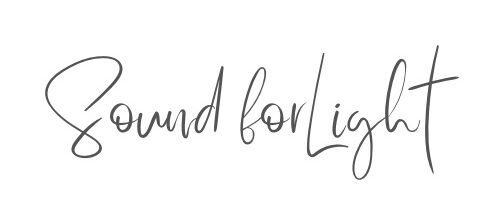
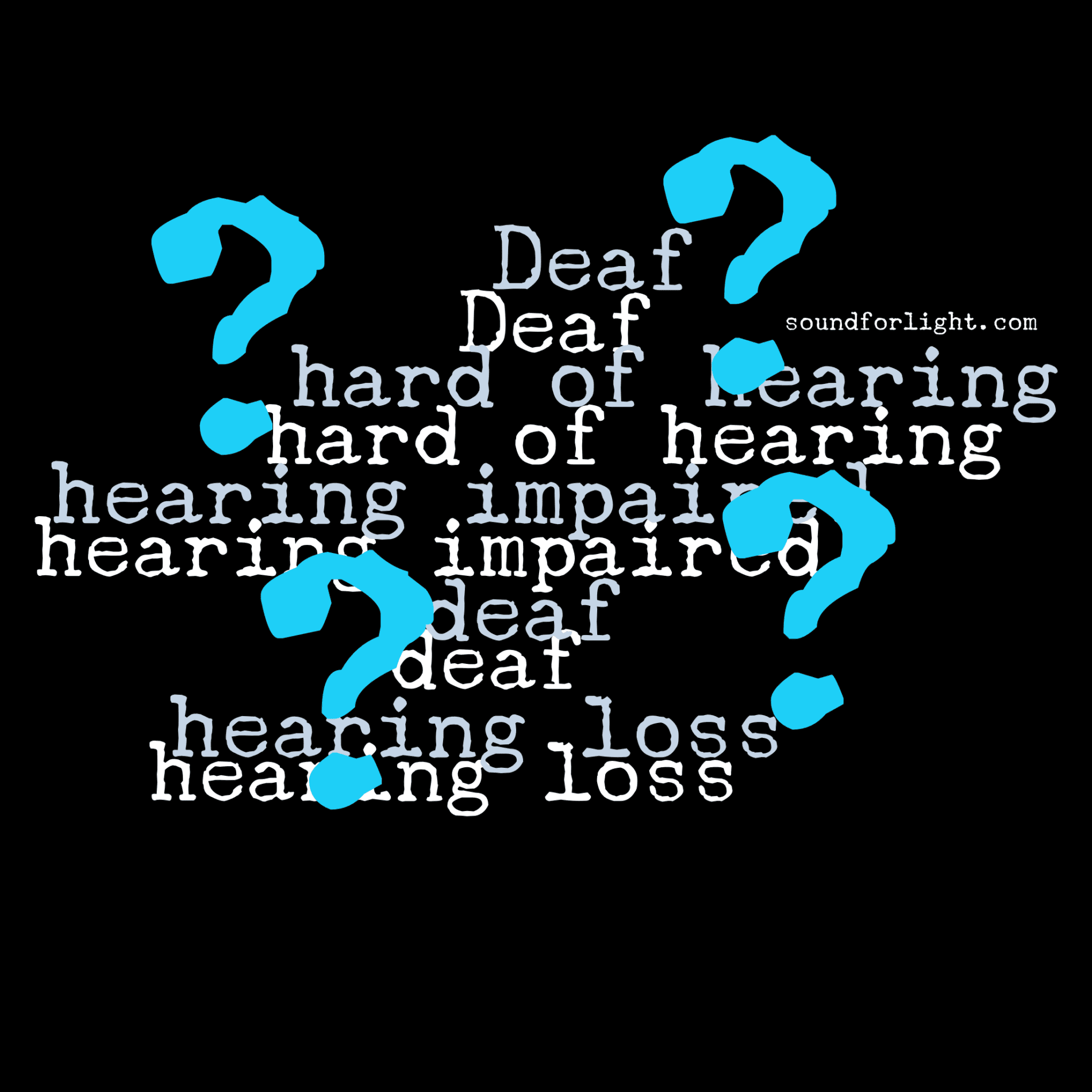


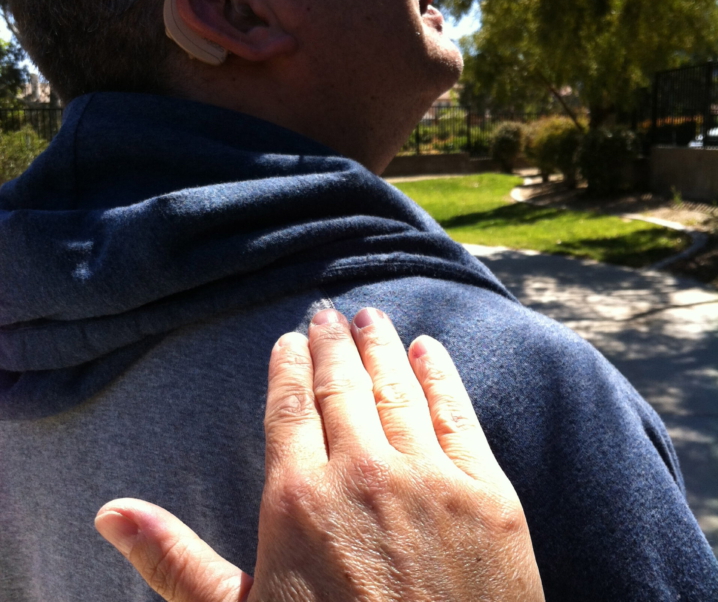
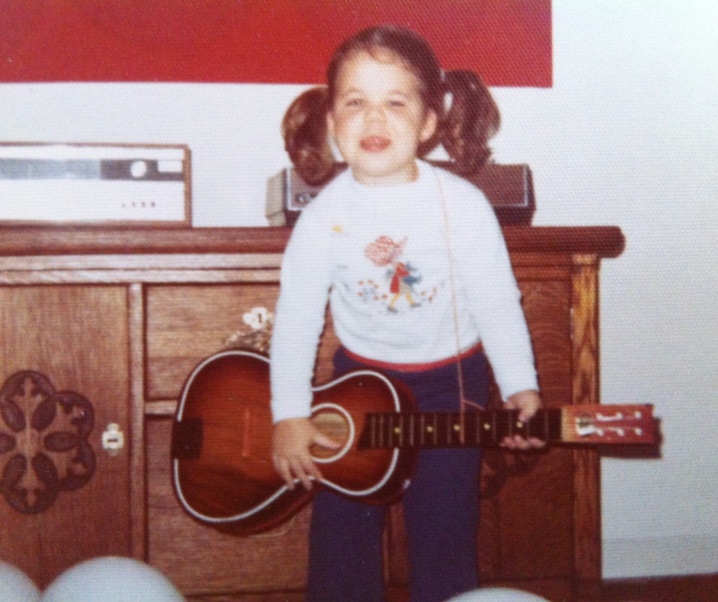



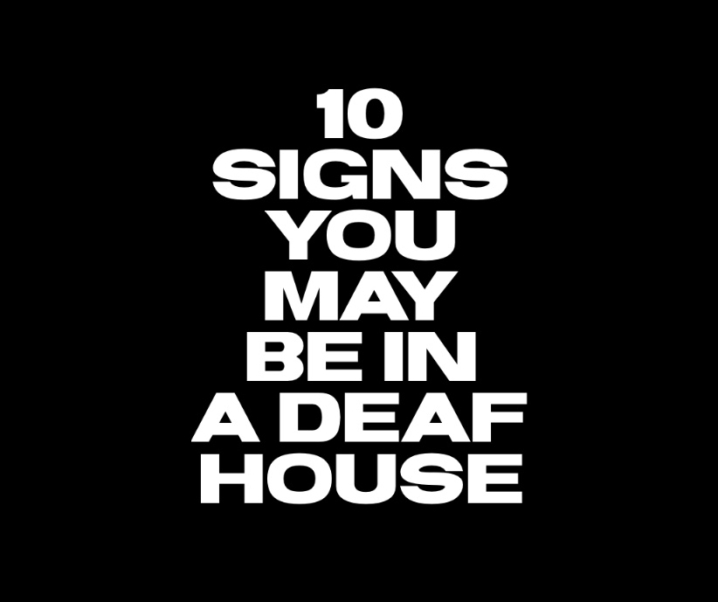
What do you think?